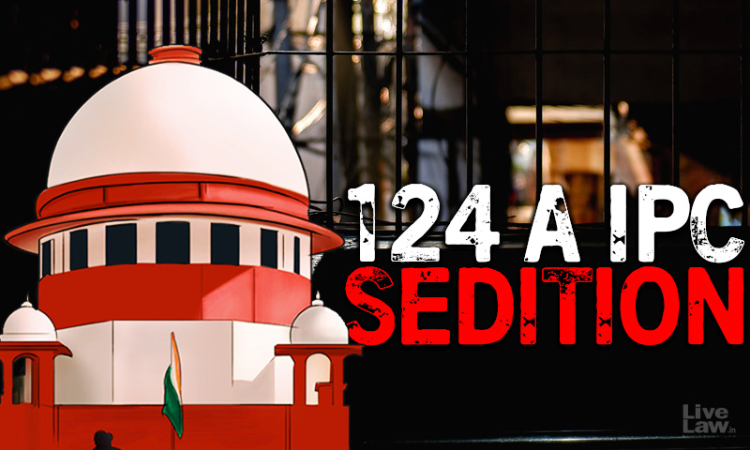In its recent order referring the batch of petitions challenging the constitutional validity of Sedition law under Section 124A of the Indian Penal Code to a bench of at-least five judges, the Supreme Court noted that the judgement in Kedar Nath Singh v. State of Bihar (1962), which had upheld the provisions of Section 124A, had not considered the aspect of Articles 14 of the Constitution in...

